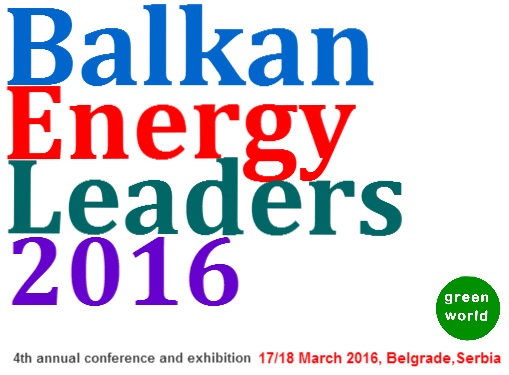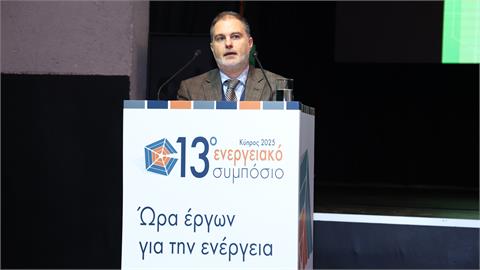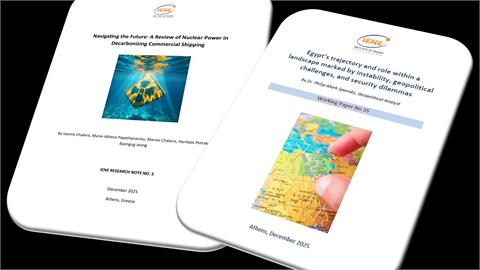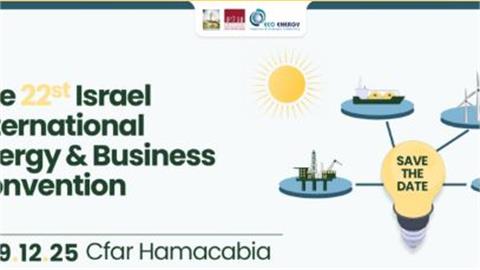While on a visit to Belgrade last week to meet with IENE members and discuss the Institute’s current major project, the “SE Europe Energy Outlook 2016”, IENE’s Executive Director Mr. Costis Stambolis participated in the annual Balkan Energy Leaders conference which took place on March 17 and 18 in Serbia’s capital city
While on a visit to Belgrade last week to meet with IENE members and discuss the Institute’s current major project, the "SE Europe Energy Outlook 2016”, IENE’s Executive Director Mr. Costis Stambolis participated in the annual Balkan EnergyLeaders conference which took place on March 17 and 18 in Serbia’s capital city. More specifically, Mr. Stambolis took part in the panel discussion lead by Mr. Vuk Stankovic, Attorney at law and head of the Rokas International Law Firm in Belgrade. Ms. Maja Turkovic, Managing Director of the Wind Power Co, Mr. Aleksandar Fragner, Direktor/ Coordination Manager South Eastern Europe of the REBINA Group, and Mr. Aleksandar Savic, Head of Public Sector and Specialized Lending Department of the Esrte Bank Serbia, were the other participants in the panel which focused on the impediments which prevent the further development of Renewable Energy Sources in Serbia.
Although there is considerable interest today in Serbia from potential investors to implement projects mainly in wind energy and biomass, fiscal and other incentives are notably absent while a new legal framework which promises to overcome administrative red tape, counter non-technical obstacles and offer a viable system for autoproducers renumeration is much delayed. As Ms. Turkovic, a well respected professional in the RES Sector, pointed out "it does not takes five years to draft a law”, alluding to the fact that the government appears less than willing to commit itself to the long term development of RES although this is one of the preconditions for Serbia’s accession to the EU. On his part Mr. Aleksandar Fragner, stressed the importance of biomass utilization for electricity and heat generation, in view of Serbia’s very favourable crop production and its suitability for biomass applications. Yet, the lack of a stable legal framework and market mechanisms prevents the development of sustainable plans in this sector of RES. In the same wavelength, Mr. Aleksandar Savic outlined Erste Bank’s involvement in renewables and he stressed the fact that although banks, including Erste, are flush with funds they do not have credible RES projects to back. And those projects which the Bank currently funds are limited in number and scope, as they mainly involve small to medium scale applications.
IENE’s Executive Director contribution to the panel discussion evolved around the broader role of RES in the region’s energy development. With more than 45 GW of RES total installed capacity in SE Europe, including large hydro schemes, RES is the fastest growing part in the energy sector with more than 15.0 GW corresponding to solar and wind projects which have been realized over the last five to eight years. Already, Mr. Stambolis stressed, RES are playing a key role in changing the energy mix of several countries and in the region as a whole. "It should be made clear though”, IENE’s Executive Director underlined, "that RES’s growth has been policy driven not only in Europe and consequently in SE Europe, but globally where growth has been phenomenal over the last 10 years with more than 120 GW of new RES project additions every year and $300 billion annual investments. This is a fact that must be taken seriously into account by Serbia, whose government is now confronted with the urgent task of enacting suitable policies for encouraging RES development”




